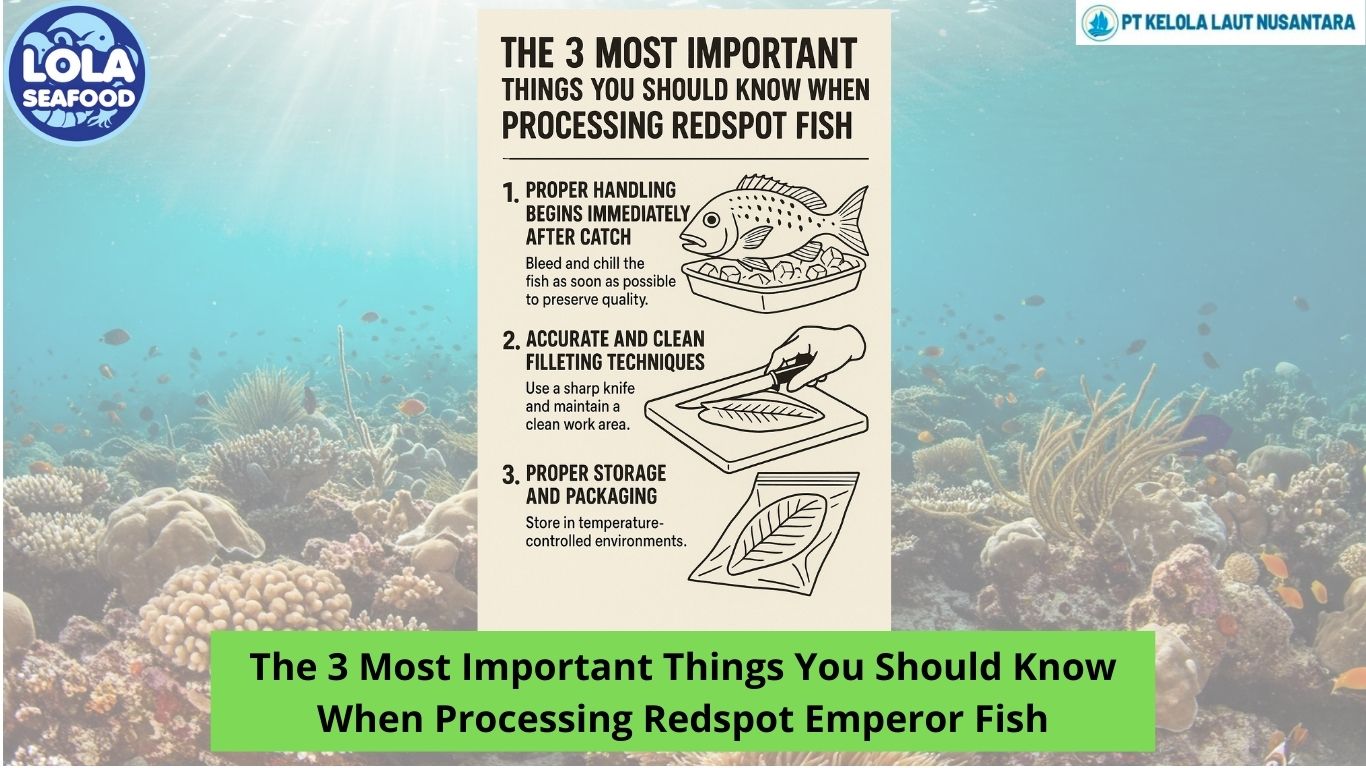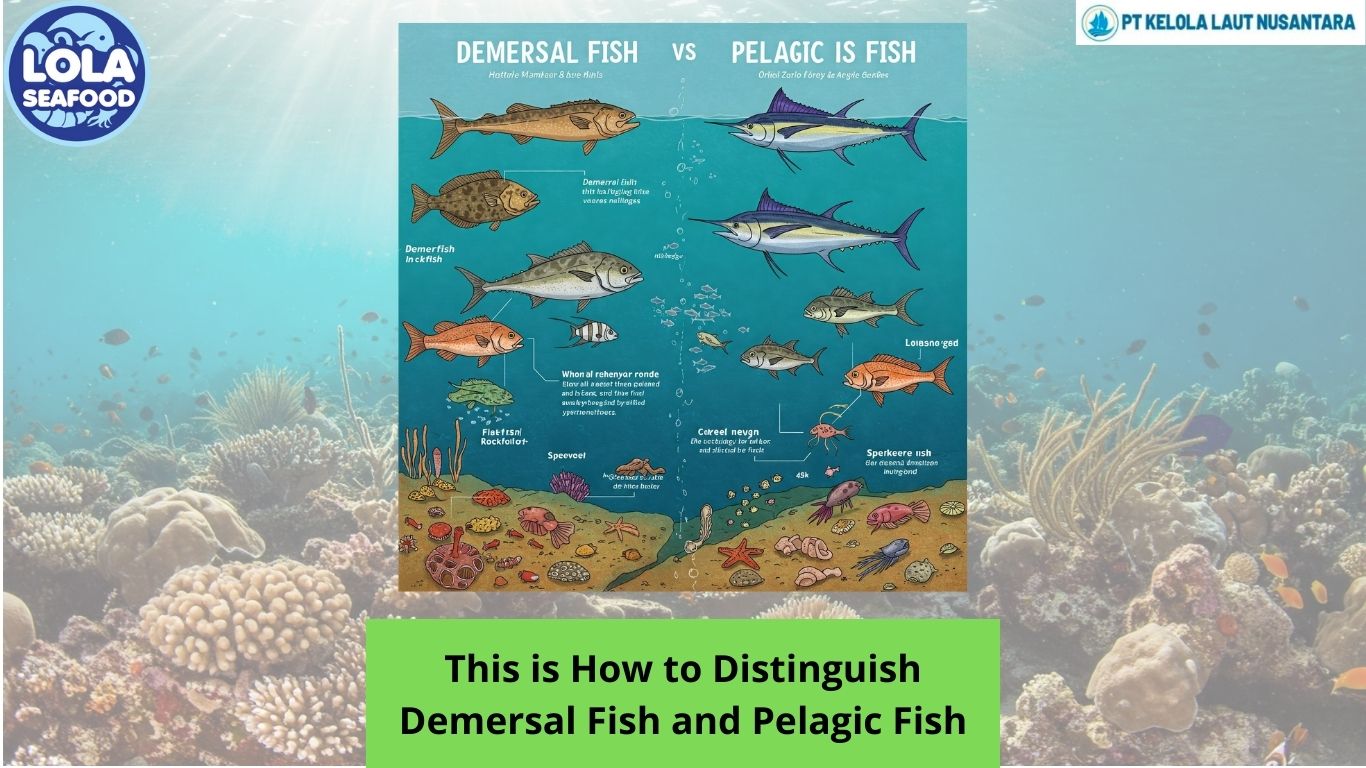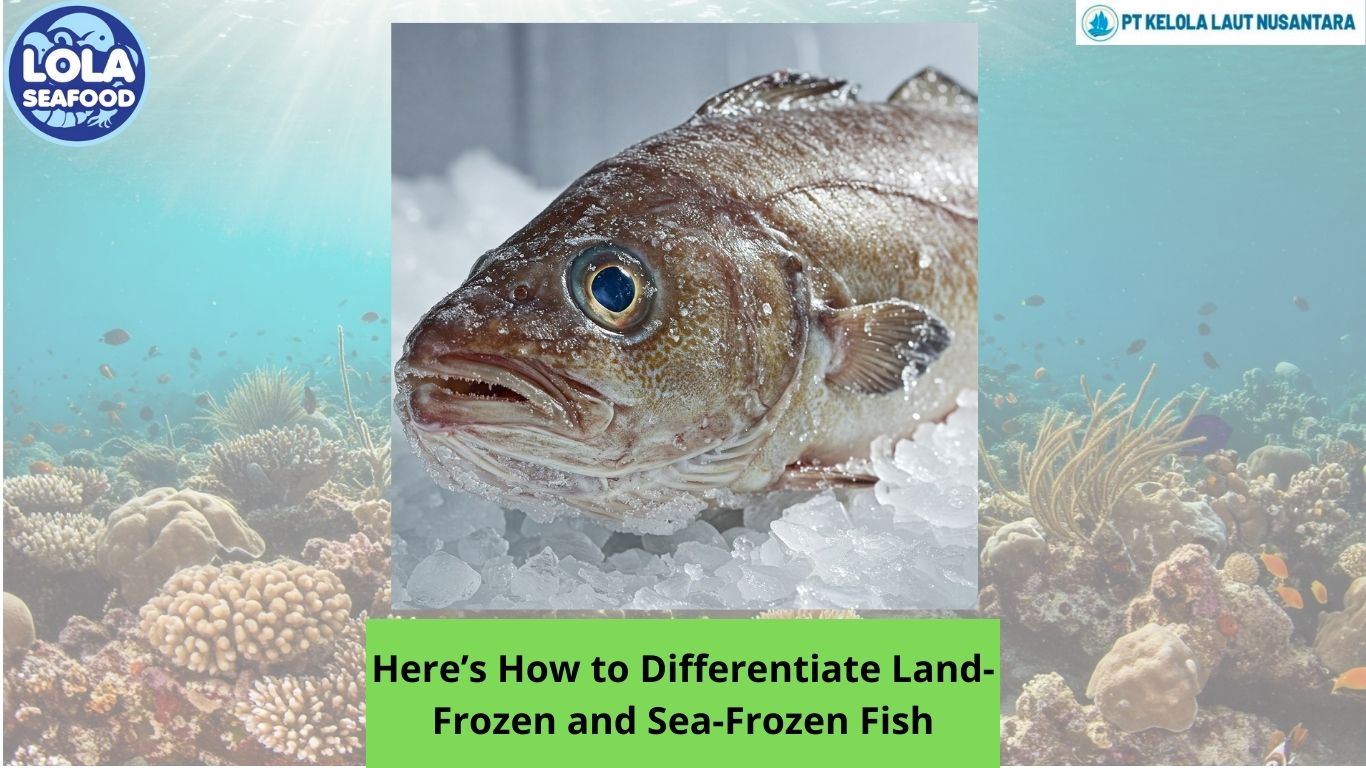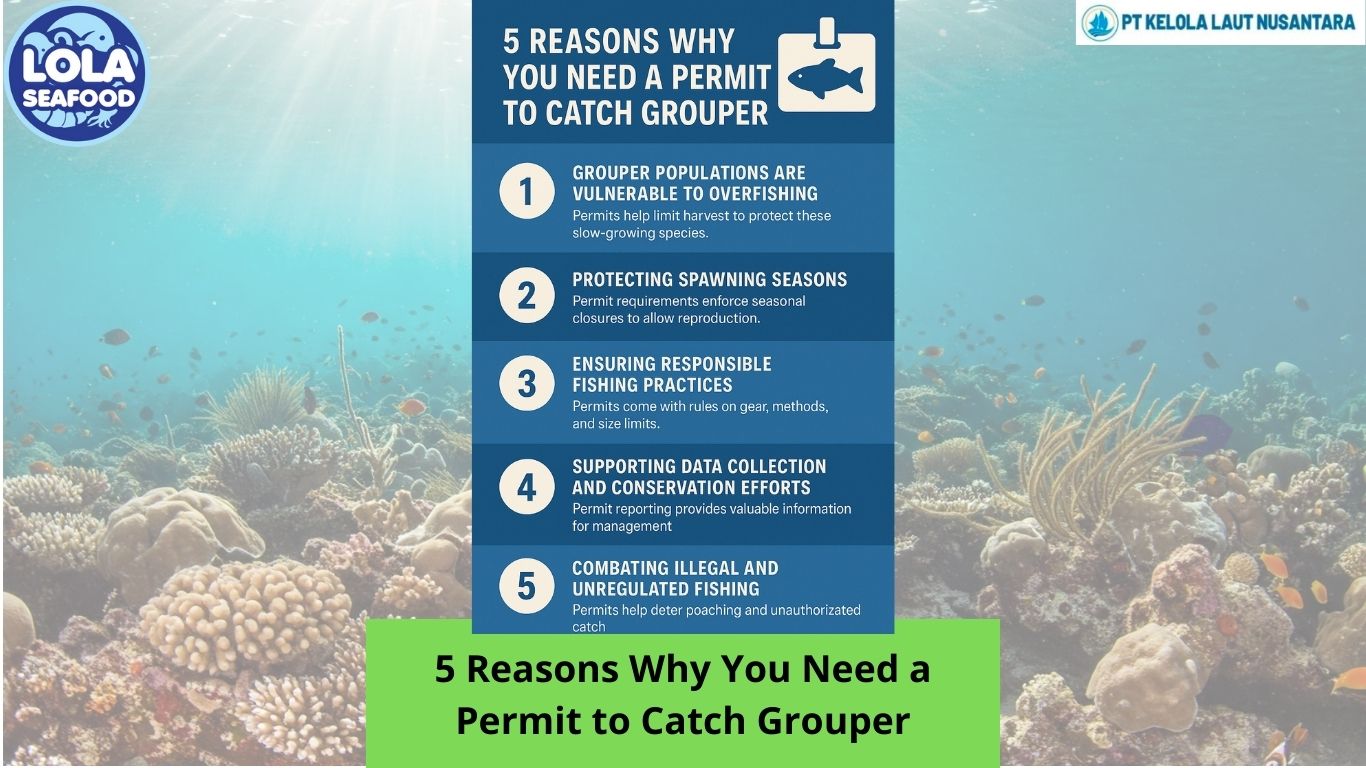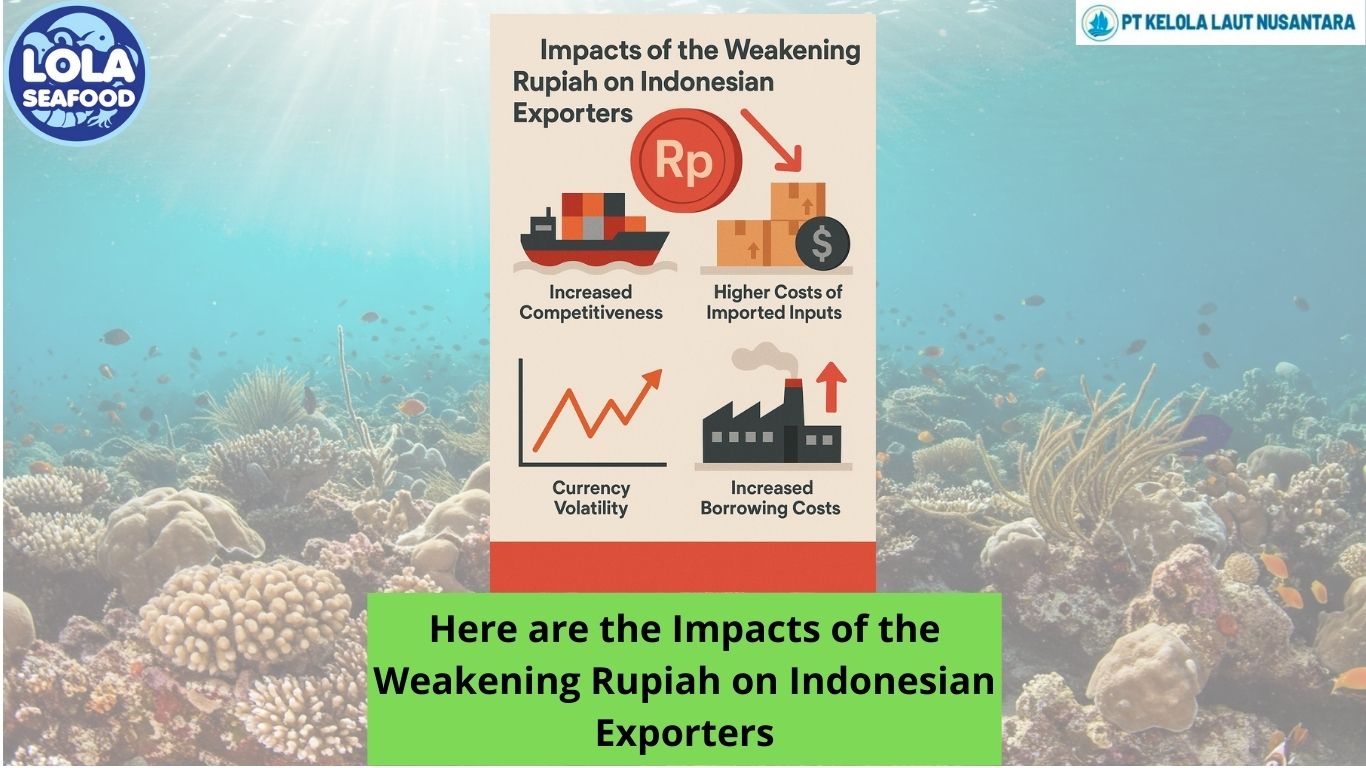The Complex Situation of Grouper Conservation
By. Nevanda - 19 Sep 2023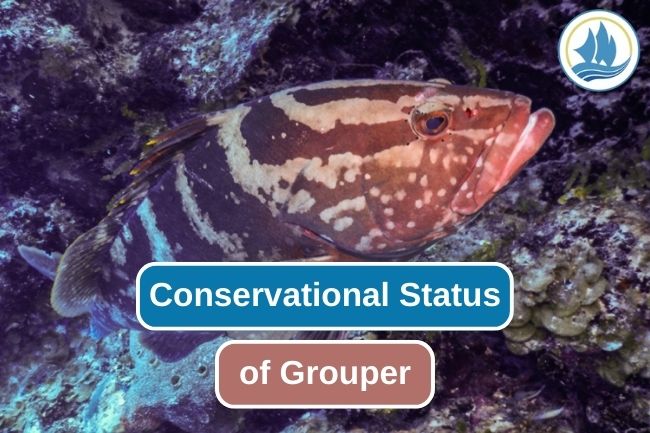
kelolalaut.com - The conservation status of groupers varies depending on the specific species and its geographic range. Groupers are a diverse family of fish found in warm waters around the world, and some species are more threatened than others. Here are some key points regarding the conservation status of groupers:
Read also: Challenges In Modern Mussels Farming
1. IUCN Red List
The International Union for Conservation of Nature (IUCN) assesses the conservation status of various species, including groupers. Several grouper species have been assessed and classified on the IUCN Red List, which categorizes species into different threat levels:
- Endangered (EN): Some grouper species, like the Nassau grouper (Epinephelus striatus), are listed as endangered due to overfishing and habitat degradation.
- Vulnerable (VU): Many other grouper species fall into the vulnerable category, which means they face a high risk of becoming endangered if conservation efforts are not implemented.
- Least Concern (LC): Some grouper species are considered least concern, meaning they are not currently facing significant threats. However, this status can change over time with new data.
2. CITES
Some grouper species are also listed under the Convention on International Trade in Endangered Species of Wild Fauna and Flora (CITES), which regulates international trade in endangered species. This can help control the export and import of grouper species threatened by trade.
The decline in grouper populations is caused by several activities, such as:
1. Overfishing
Groupers are often targeted by commercial and recreational fisheries due to their value as food fish. Overfishing has led to population declines in many species, particularly those with slow growth rates and late maturity.
2. Habitat Degradation
Destructive fishing practices and habitat degradation, such as coral reef destruction, can also harm grouper populations since they often inhabit reef ecosystems.
3. Conservation Efforts
Conservation measures include the establishment of marine protected areas (MPAs) where fishing restrictions are in place to protect grouper populations and their habitats. Some countries and regions have implemented regulations to limit the catch of certain grouper species.
It's important to note that the conservation status of individual grouper species can vary widely, so it's essential to refer to specific assessments and data for the particular species in question. Conservation efforts aim to balance the economic value of groupers with their ecological importance and the need for their protection.
Read also: Exploring the Timeless Art of Fish Pickling
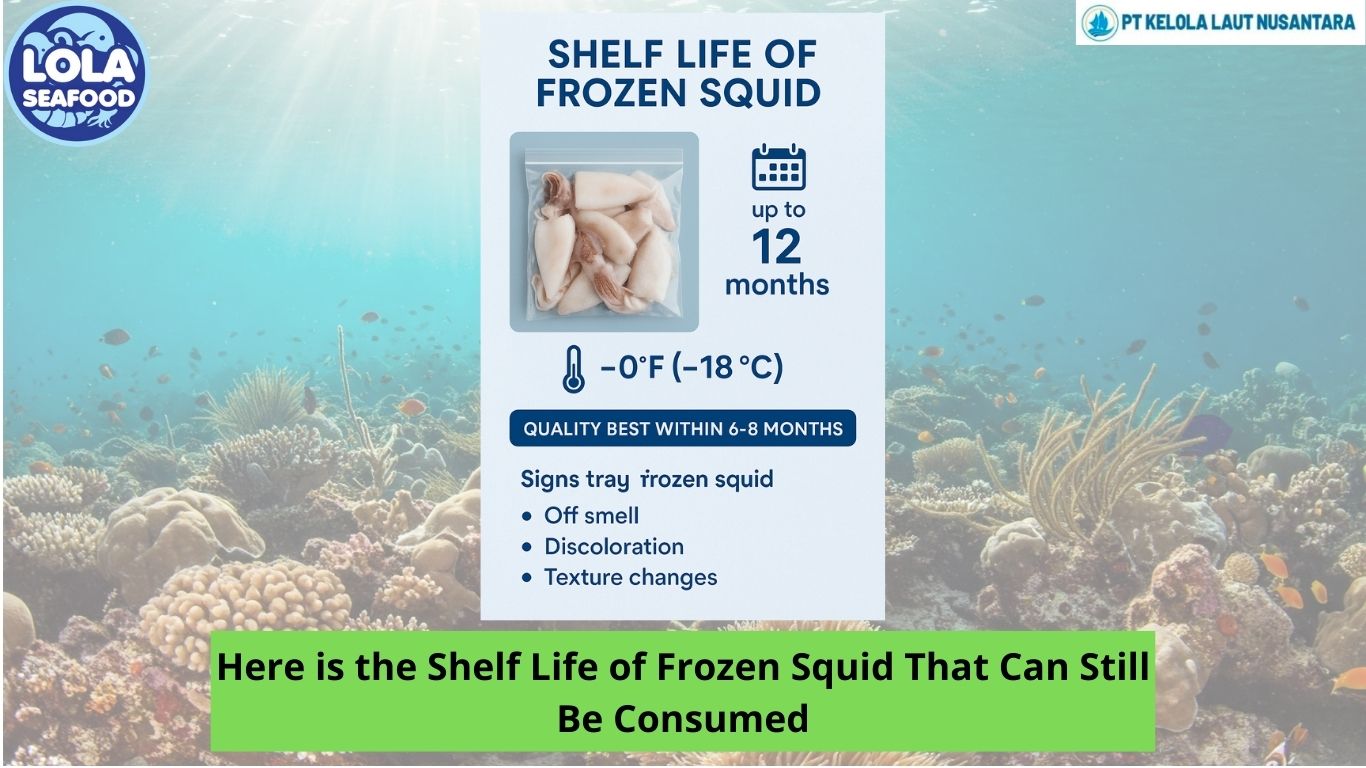
.jpg)
.jpg)
.jpg)
